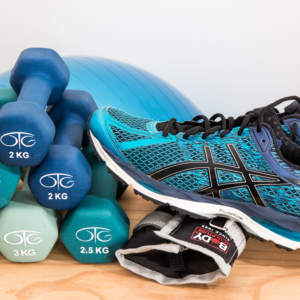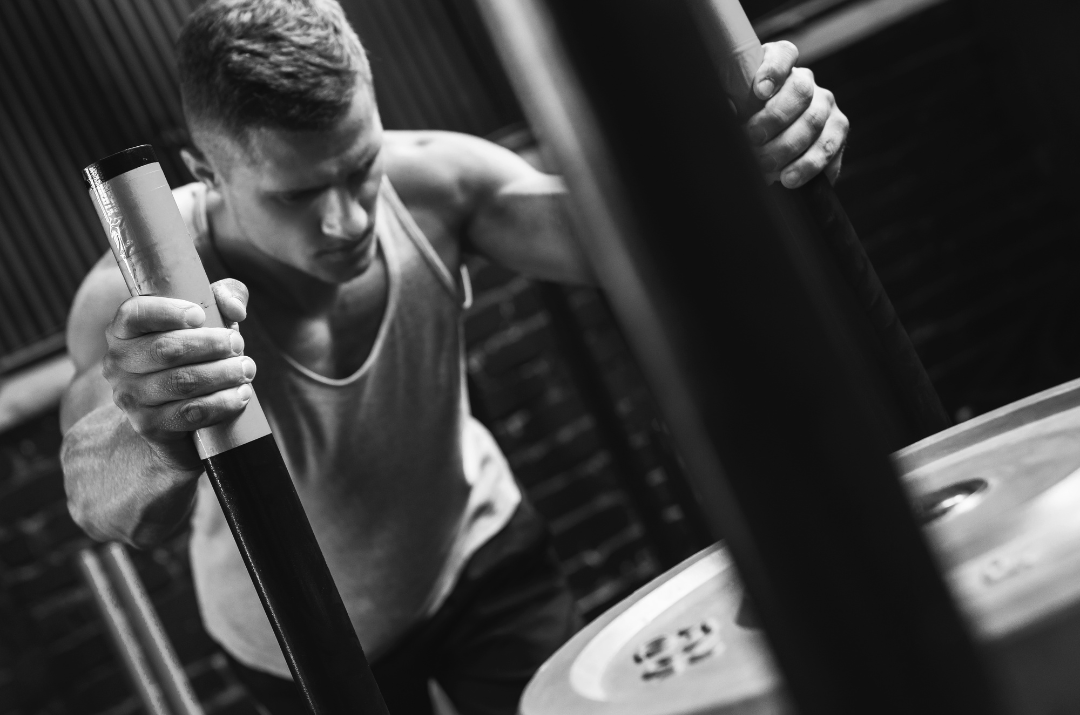Exercise progression is increasing the difficulty of an exercise so that you can continue to see improvements in that particular activity.
There are different ways in which an exercise can be progressed. One way is to increase the weight. For example, with heel raises using just your body weight adding a heavy backpack will increase the weight of the exercise.
Increasing the number of repetitions can also increase the difficulty of an exercise. However sometimes this can change the purpose of the exercise. Lower repetitions are generally more for muscle strength and higher repetitions works towards the endurance of a muscle.
You can also lengthen the duration. For example, increasing the time you are walking or running.
In general exercise progressions should only increase by 10% at a time. This sometimes can be hard to figure out. Exercise progressions guided by your Physiotherapist are the best way to ensure you are increasing the difficulty by the right amount. Sometimes making an exercise too hard can in fact worsen or re-injure your current symptoms.
Why do I need to progress my exercises?
Exercise progression is a key aspect of gaining muscle strength. Muscle adaptation occurs when an exercise becomes easy. This means your body is now no longer challenged by this activity and will plateau at that level. Your body needs to have increases in difficulty for you to continue to adapt and improve. Without exercise progression a patient won’t continue to see improvements in their rehabilitation.
When should I progress my exercises?
The time in which you should progress your exercise is different for every individual. Each person takes a different amount of time to adapt to an exercise. If you feel as though your exercise is easy and you are no longer being challenged by it then this can be a good indicator that you need a progression.
If you have an injury or need help with your current exercise regime, contact Bend + Mend to discuss this with one of our Physiotherapists today.






